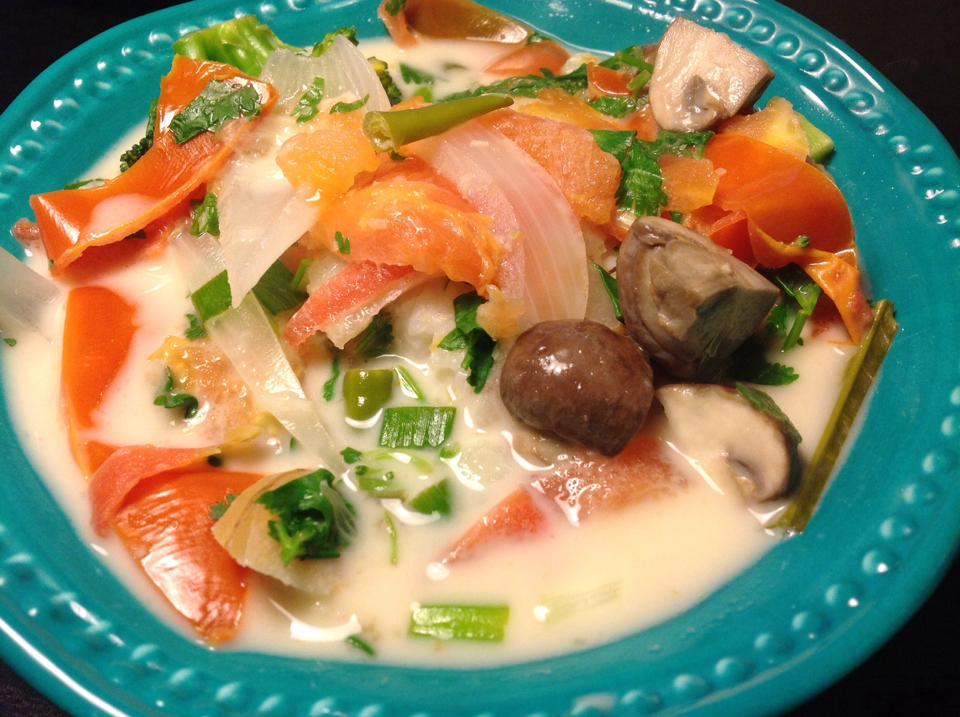Happy AAPI Heritage Month! Have you been celebrating—or did you know that it was a special month for Asian Americans and Pacific Islanders? If it was the latter, don’t feel bad: I didn’t grow up exactly knowing why it might be important to have holidays like these. This year feels different, though. Anti-Asian hate crimes rose by 342% in 2021. The study measured incidents in eight cities: the top three increases were in “progressive” New York, San Francisco, and LA. Every time I see an Asian American murdered or assaulted in the news, my heart spirals. And it’s not just strangers, for me. A Korean-American acquaintance of mine was brutally murdered in his home in Portland, Oregon, in 2020.
Racism persists, not just in the form of violent crime committed by criminals, but by macro- and microaggressions without physical contact. I recently had such a horrible racist incident, again in the “progressive” city of Portland. What shocked me more than the incident was my white friends’ responses to me. When I finished telling the story, my friends immediately and correctly said that this aggressor was racist, and expressed empathy. But, in the next phase, they began censoring my reaction to the event: “you’re letting him upset you.” This puts the onus on the victim to manage her emotions, rather than blaming the aggressor, when the right emotional response to racism is anger. This was followed by hints to stop complaining: “don’t you think I know what racism feels like? I went to Japan/ the Middle East and they hate white people there.” “Stop scolding / lecturing me—I was just calling to say hi.” For those who are wondering why this is harmful:
- Racism is systemic oppression of people based on their race. So, if you don’t live in Japan, are not a Japanese citizen, don’t conduct your primary business in Japan, haven’t gone to school in Japan—you can’t have been a victim of racism. For example, if the hotel receptionist gave you a weird look while you were checking in as a visitor in Tokyo, the appropriate word for this would be prejudice. Another example of prejudice would be hostility to white people in countries that they formerly colonized/conquered (such as the American invasion of Iraq). That can’t be said to be racism, unless the formerly colonized are systemically oppressing white people.
- Your experience doesn’t automatically give you understanding of others’ experience of racism. For example, although I’ve experienced racism, if a Black or Indigenous friend is telling me about a racist incident, I would never cut them off by saying, “Don’t you think I know what racism feels like?” One experience of oppression doesn’t auto-endow understanding of all oppressions—I don’t know what it feels like to be treated with homophobia, transphobia, anti-Semitism, anti-Black racism, ableism, etc, and for my own growth as a person and for the betterment of society, not to mention to be a good friend, I want to learn.
- When POC friends share their racist incidents, they are not “scolding,” “attacking,” or “lecturing” you. Here’s the Oxford dictionary definition of white fragility: discomfort and defensiveness on the part of a white person when confronted by information about racial inequality and injustice. Your POC friend knows it wasn’t you who committed a racist act—but white fragility shows your subconscious self-identification with the oppressor.
This made me really pause and reconsider how I’ve come to a position in life where my closest people, who happen to be white, have racial awareness that lags so behind 2022 standards. In my decades of friendships / romantic relationships with people outside my race, I never made a point of stressing our racial difference, and the different reality I live with day-to-day. This is why AAPI Heritage Month, like other months celebrating diversity, is so important. It becomes a rallying point from which Asian Americans and Pacific Islanders can speak about their experiences, encourage honest dialogue, and also celebrate our excellence.
Without further ado, here are some ideas to embrace this month.
-
- Read AAPI books. There are so many great books out there that will give you an insight into our history, culture, as well as racial awareness. I recommend Qian Julie Wang’s Beautiful Country (a memoir of a Harvard-educated lawyer who began as an undocumented immigrant in Chinatown), Charles Yu’s Interior Chinatown (hilarious and innovative novel-in-script, a 2020 National Book Award winner), Mira Jacob’s Good Talk (an Indian American’s graphic novel-memoir about race and becoming a writer), and Juhea Kim’s Beasts of a Little Land (an epic novel of love, war, and redemption set against the background of the Korean Independence movement). Just to name a few.
- Watch AAPI shows and movies. Honestly, there are too many of these to count. Follow your bliss.
- Support AAPI businesses. Chances are, you already know a lot of AAPI small business owners in your community. Show them a little appreciation by purchasing from their groceries, restaurants, delis, laundromats, cafes.
- Make vegan AAPI recipes. We have so many here under our Asian tag. May we suggest: Tom Yum Fried Rice, King Oyster Mushroom Stir Fry in Cashew Sauce, Vegan Sushi Feast, Orange Glazed Tofu & Brussels Sprouts, just to name a few.
- This is for white allies: when your POC friend tells you about their experience of racism, here’s what you should say. “Thank you for trusting me and sharing this with me,” “Talking about this can’t have been easy but I want you to know I’m here to listen,” “How are you feeling?” “What can I do to become a better ally?” “If I were a bystander in that situation, what should I do?” “I share your anger and your pain.” It’s also important to be a good listener, not interrupt their flow to interject your own experience of prejudice, or belittle their pain (“What can you do? Some people are just assholes”).
Remember allies, you can’t love just some parts of us, you have to love all of us! Let’s not pick and choose the fun part of Asian heritage (the food! dumplings! the films! K-pop!) and turn a blind eye to the real pain and suffering of racism and hate crimes. Happy AAPI Heritage Month!
Get more like this—Sign up for our daily inspirational newsletter for exclusive content!
__
Photo: Jason Leung via Unsplash; Nancy Nguyen via Unsplash






